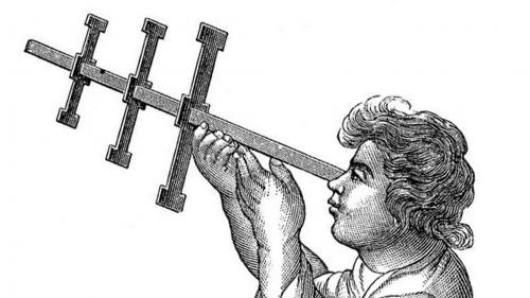Course description
In this course we read several landmark novels and examples of short fiction. We begin at a time in which many writers left for Europe to leave behind a country they considered provincial while others immigrated to the United States as a refuge. We examine how these continued exchanges across the Atlantic and the experiences of the World Wars and the Holocaust affected and reshaped the rich American novelistic traditions. Proceeding largely in chronological order, the sequence of readings is divided thematically. The readings cluster around the way in which traditional American settings and literary forms interact with and adapt to national and transatlantic historical change. These changes are readily reflected in the novels of immigration, the Lost Generation, and the World Wars, but they also make themselves felt subtly in the way American writers think about the suburb, a direct result of World War II, negotiate the relationship between individualism and the shaping influence of family legacies, and try to grapple with the lasting effects of slavery.







